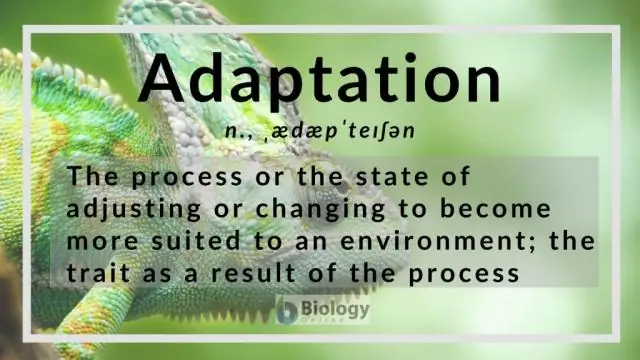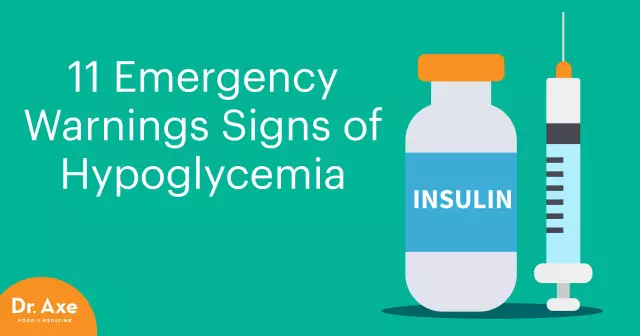- Author Rachel Wainwright wainwright@abchealthonline.com.
- Public 2023-12-15 07:39.
- Last modified 2025-11-02 20:14.
Hyperglycemia
Hyperglycemia (hyperglycaemia; Greek hyper- - over, over, excessively + Greek glykys - sweet + haima - blood) - an increased level of glucose in the blood.
Types of hyperglycemia:
- adrenaline (adrenalinica) - observed against the background of hyperadrenalinemia and caused by an increase in the process of splitting glycogen in the liver to glucose (glycogenolysis);
- alimentary (alimentaria; synonym: food hyperglycemia) - appearing after eating food saturated with carbohydrates;
- diabetic (diabetica) - observed in diabetes mellitus and caused by insulin deficiency, which causes a decrease in glucose consumption by tissues, a weakening of glycogen production and its accumulation in the liver, simultaneously with an increase in glyconeogenesis;
- persistent (persistens) - long-term hyperglycemia; it is noted against the background of acromegaly, diabetes mellitus, hyperthyroidism, Itsenko-Cushing's disease, some diseases of the brain and liver;
- transient (transitoria; synonym: temporary hyperglycemia) - short-term hyperglycemia that appears after a meal rich in carbohydrates, against a background of hyperadrenalinemia of various origins (for example, with severe pain irritation, emotional excitement, etc.).
Found a mistake in the text? Select it and press Ctrl + Enter.






